It started like a little rumour weeks ago that the National Broadcasting Commission (NBC) was planning to descend on the African Independent Television (AIT) and Raypower FM, owned by Daar Communications Plc, for allegedly violating the broadcasting code. Its founder, Chief Raymond Dokpesi, is a prominent member of the Peoples Democratic Party (PDP), the major opposition party, and is currently facing trial over allegations of money laundering. He was also recently questioned by officials of the Nigeria Immigration Service (NIS) after returning from a foreign medical trip. No reason was given by NIS beyond “we have the power to interrogate under the law”.
Not long after that, the FCT administration bulldozed an “illegal structure” within the company’s Abuja premises. According to the official explanation, the fence was encroaching on other people’s lands. Devoid of deeper interrogation, the bulldozing can easily be described as a routine attempt to enforce physical planning laws and restore sanity to the nation’s capital. Nigerians daily pray for a responsible government that listens to the cries of the people and swiftly does justice, so shouldn’t they be happy that the FCT acted decisively in this case? They should, just that things are not always the way they seem when politics enters the mix.
When Dokpesi raised the alarm that NBC was coming for AIT, it was not entirely weird. NBC listed a series of infractions which it said it had taken up with the management but which were not addressed. The alleged infractions were not just about law but also about ethics. The NBC gave an instance of when a tweet that was read on air apparently referred to President Muhammadu Buhari as “lifeless” and which the programme presenter, reportedly, merely laughed off. The commission, in strong-worded letters, said the constant use of “inflammatory and divisive rhetoric” and “blatant disregard for broadcast rules” had become unacceptable.
In the end, the regulator brought down the hammer on AIT and Raypower, with collateral damage on Daarsat and Faaji FM. A court subsequently ordered that “status quo ante” be maintained, a ruling that effectively put the suspension of Daar Communications Plc’s licences on hold until the substantive suit it brought against the NBC is decided. I would say this was a fair intervention in the crisis — which had seen the regulator come under heavy public bashing. Many commentators have expectedly read political persecution to NBC’s action. Some have expressed fears and worries that this may just be the beginning of a broader clampdown on press freedom in Nigeria.
Advertisement
As a journalist, I am naturally inclined to defend AIT/Raypower — in defence of press freedom. That is my default position. I would naturally say that what happened to AIT can happen to any other media outfit in the country. Nobody should rejoice that it happened to AIT. I started my journalism career under the military government of Gen. Ibrahim Babangida and I know how one media house after the other fell under state clampdown. Those who thought they were safe fell victim in different ways and at different times. Therefore, injury to one, I would add, is injury to all. It is thus the collective responsibility of Nigerians to defend our freedoms and liberties.
That said, though, there are several matters that have been thrown up by the NBC/Daar Communications issue that must not be lost on us in the heat of the moment. One, the broadcast industry is the most regulated in the media sector in the country. A newspaper, either printed or digital, can call someone “lifeless” and the best they can do is file a libel suit, but a TV/ radio station can be shut down for committing the same “offence”? Why can’t the offended party also be asked to file a suit in court rather than the NBC withdrawing the broadcast licence? If you ask me, that is one of the issues we should be debating when the dust has settled.
Two, why is the broadcast industry so tightly regulated such that the president has to personally sign the operating licence? The broadcast laws clearly tilt the balance of power in favour of the government. Why is this so? I am inclined to think that this law is a relic from our militarised past, given the role radio and TV broadcasts played in coup d’etat in our history. I think the military tried to keep things tight for the sake of regime security. In fact, it was not until Babangida became president that private ownership of electronic media was allowed by government. Guess the first private radio station to go on air? Raypower.
Advertisement
Three, how can we get the media to be more responsible and professional in their business so that we would not need an NBC to lecture us on laws and ethics? Again, this has been the elephant in the room for decades. Gate-keeping is a major issue in Nigerian media. There is a Nigerian Press Council (NPC) that is supposed to be the court for matters relating to the conduct of the media in Nigeria — the same way the Medical and Dental Council handles matters of professional conduct among doctors and dentists. However, the NPC has either been inefficient or frustrated by journalists. It is as if it does not exist at all. This inevitably makes the media vulnerable to regulatory intrusion.
Now, we need to get something very clear: the NBC has not committed any sin by enforcing the broadcasting code. AIT and Raypower were issued licences with rules and regulations. NBC has a job to do — to enforce the code. And if it is true that the regulator engaged several times with the management of Daar over the alleged infractions, we should not expect that it should fold its arms and not do anything. Whether or not we like it, this is the law and we cannot be complaining about weak institutions on the one hand and at the same time complaining about the ones that are trying to do the right thing. No matter our misgivings and anger, we should not lose sight of this fact.
However, having said that, we now need to ask critical questions in order not to waste this golden opportunity. To what extent should the NBC regulate media contents in a democracy that guarantees free speech and press freedom? Is it acceptable in a democracy that a government agency should be allowed to define how long a political commercial should last? Why should a newspaper be able run an unlimited volume of political advertising but a TV station cannot? What sense does that make, for all intents and purposes? We inherited a terrible code and we decided to live with it rather than challenge it.
Let us even concede that because the government owns and allocates the frequencies, it has a right to determine the rules and should be able to withdraw the operating licences if these rules are not obeyed. Fair point. Still, in the interest of press freedom and democracy, there should be an arbiter so that the government does not become the accuser, prosecutor and judge in its own case. More so, there should be certain infractions that the NBC should deal with administratively. However, withdrawing a licence is equal to pronouncing the death penalty and that should not be the sole decision of the NBC. We need an umpire in this aspect, I would suggest.
Advertisement
For me, the most amazing thing is that broadcasters have been living with these laws for decades without questioning or challenging them in court or proposing amendments to the national assembly. This is amazing. They just simply accepted them as part of the drill. This is an opportunity to seek a legislative review. The review should be in a way that gives responsibilities and protection to all parties: to the NBC, the duty to regulate broadcasting without infringing on free speech; and to the media, the right to free speech without shirking professional and ethical requirements, particularly gate-keeping. No freedom is absolute anywhere in the world.
AND FOUR OTHER THINGS…
‘PECK AND GO’
A few days after meeting with President Buhari and subsequently withdrawing from the race for senate presidency, Senator Danjuma Goje can now breathe easy as the Economic and Financial Crimes Commission (EFCC) has withdrawn from the N25 billion fraud case filed against him in 2011 when he left office as governor of Gombe state. The case will be handled by the office of the attorney-general of the federation (don’t laugh!) henceforth. On-trial Senator Iyiola Omisore got his international passport back after backing the APC in the Osun governorship election last year. Senator Musiliu Obanikoro has benefited from similar deals since joining the APC. Bonanza.
ZAMFARA PRIORITY
Advertisement
Alhaji Bello Matawalle, the governor of Zamfara, immediately set ball rolling after his assumption of office on May 29 by outlining his priority: building an airport in Gusau, the state capital. This was partly inspired by the fact that when the air force wanted to launch an operation against bandits in the state recently, there was no airport for their jets to land. That is the way we roll in Nigeria. There must be something about governors and airports though, especially in states where people have no water to drink, no drugs in hospitals and no shoes for children who want to go to school, if there are schools at all. We always seem to be moving from frying pan to fire. Exasperating.
TO ENI B
Advertisement
The obnoxious disease called cancer has claimed yet another life with the death of Mrs Helen Eniola-Olaitan, wife of Eniola Bello, the MD of THISDAY newspapers. Losing his wife of 23 years, one whom he dated in his teenage years, would take time to deal with but our prayers will continue to be with him and his children in this hour of need. At some point, though, scientists will just have to find a cure for this deadly disease that sneaks on human beings like a thief in the night. Most cancers are diagnosed accidentally because of the silent way it grows in the body without symptoms. By the time it shows symptoms, it has probably reached the point of no return. Brutal.
MYTH BUSTER
Advertisement
Were you deceived when someone posted this on social media recently: “I was today (sic) years old when I found out that Michael Jackson and Rihanna said ‘imma say one more time I’m not gone stop’ and not ‘mama say mama sa mama coosa’…”? In fact, what Jackson said was ‘mama-say mama-sa mama-ko-sa’ and it was a line he lifted from Manu Dibango’s 1972 classic, ‘Makossa’. The Cameroonian accused Jackson of copyright infringement and both of them later settled out of court — only for Jackson to give Rihanna the permission to use the line in her 2007 song, ‘Don’t Stop the Music’. That one also ended in court. Don’t believe everything that trends on Twitter. Unfollow.
Advertisement
1 comments

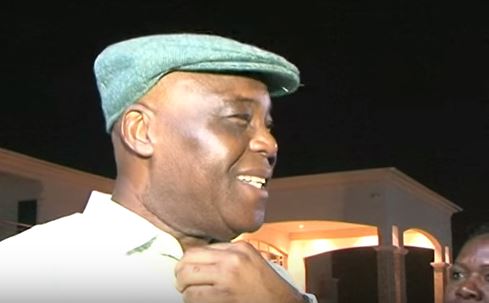
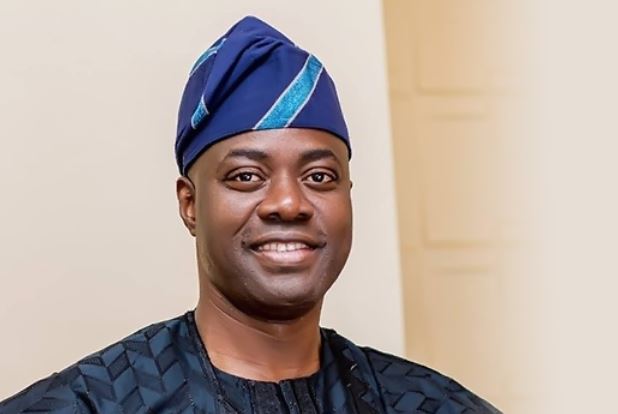
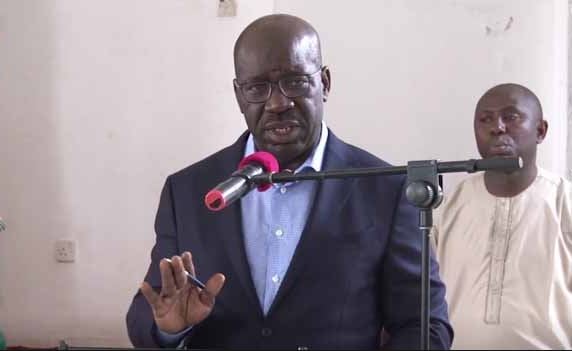
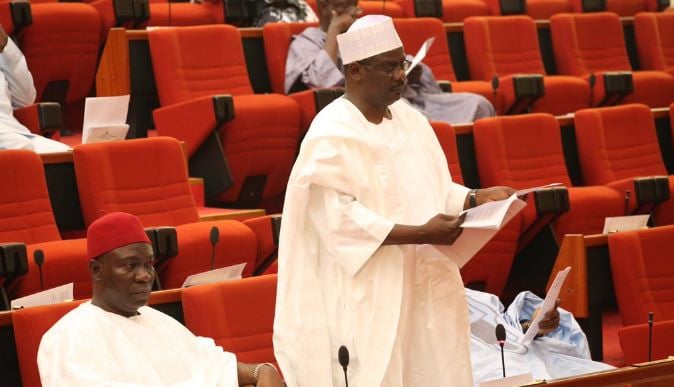
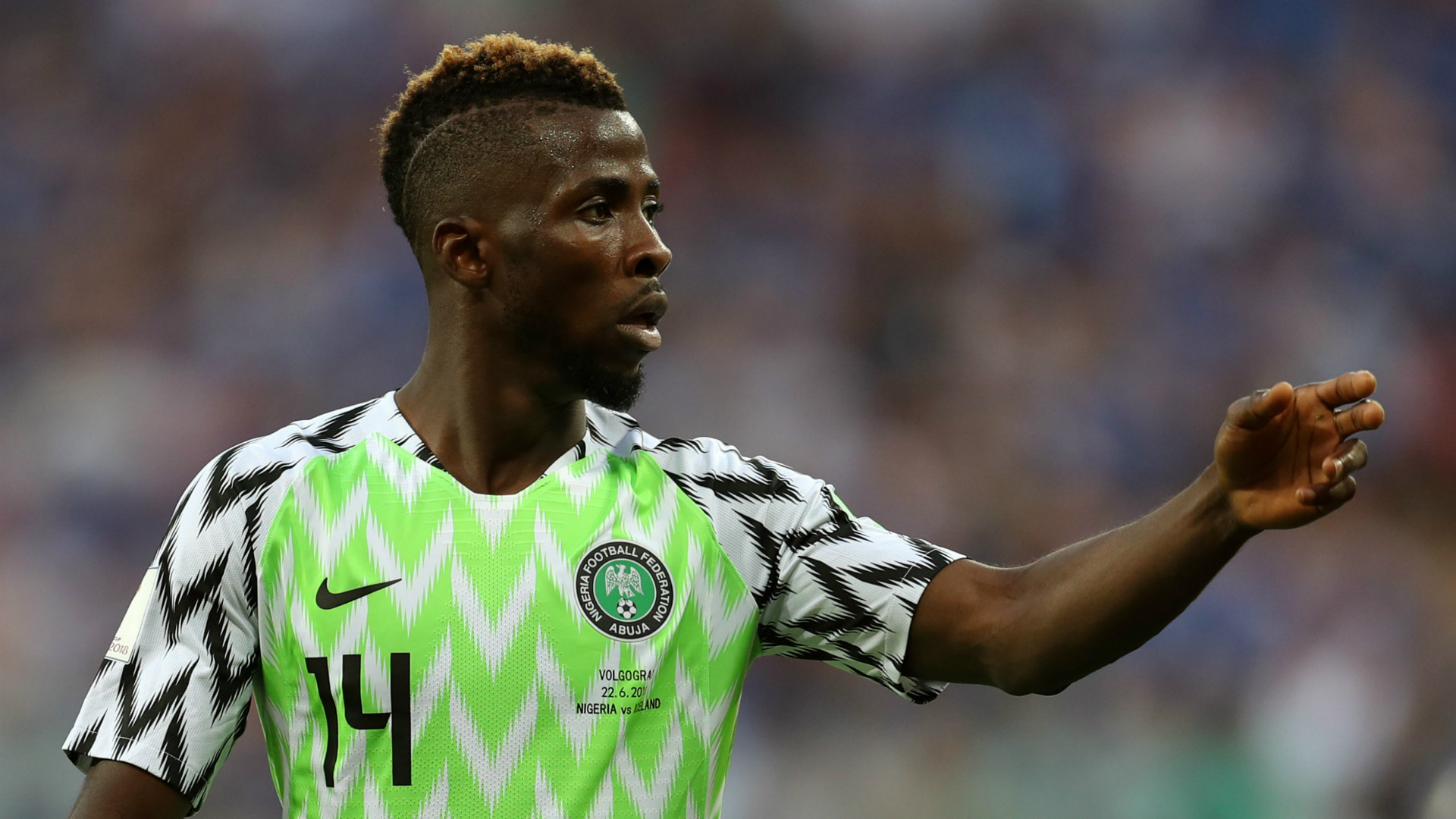
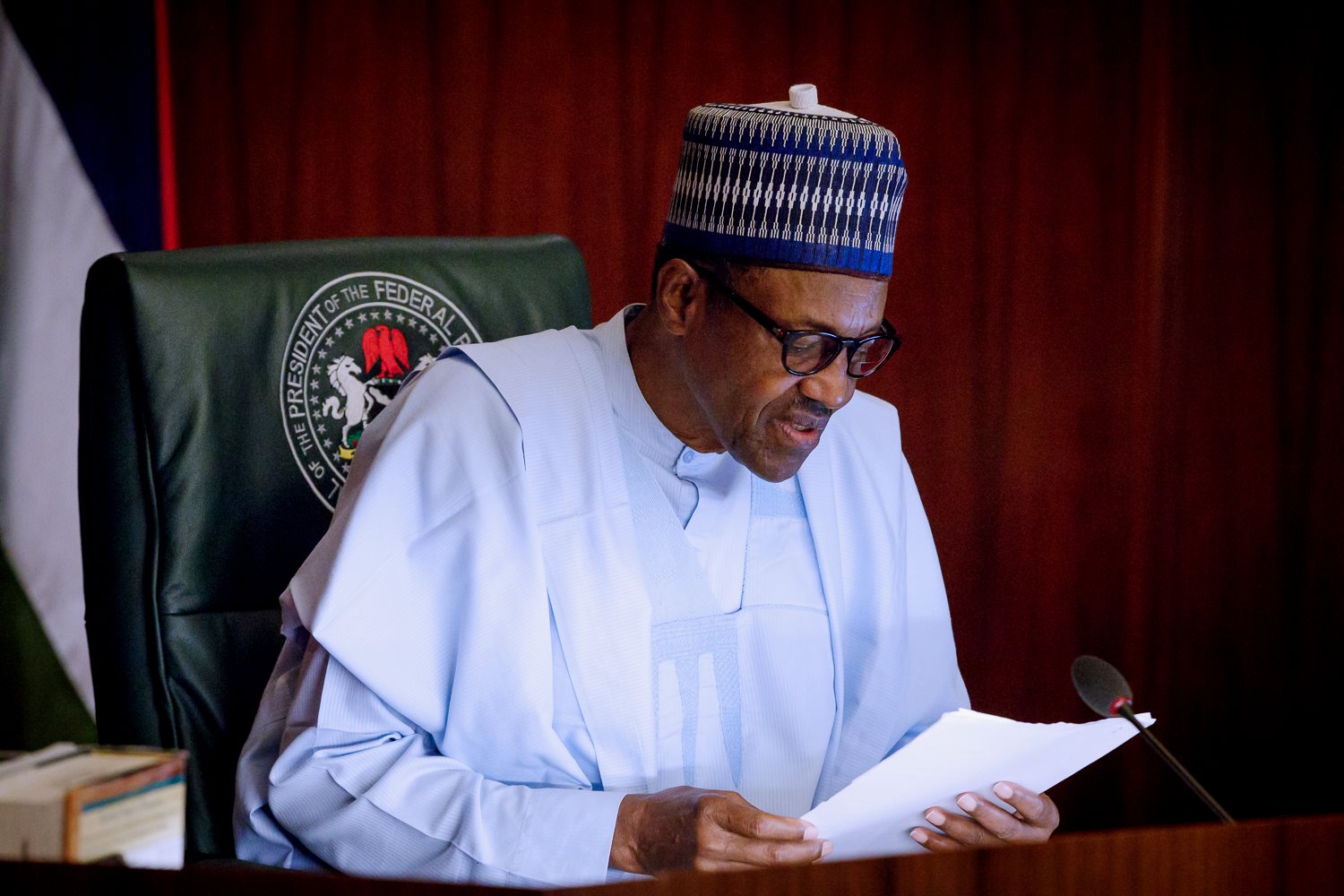
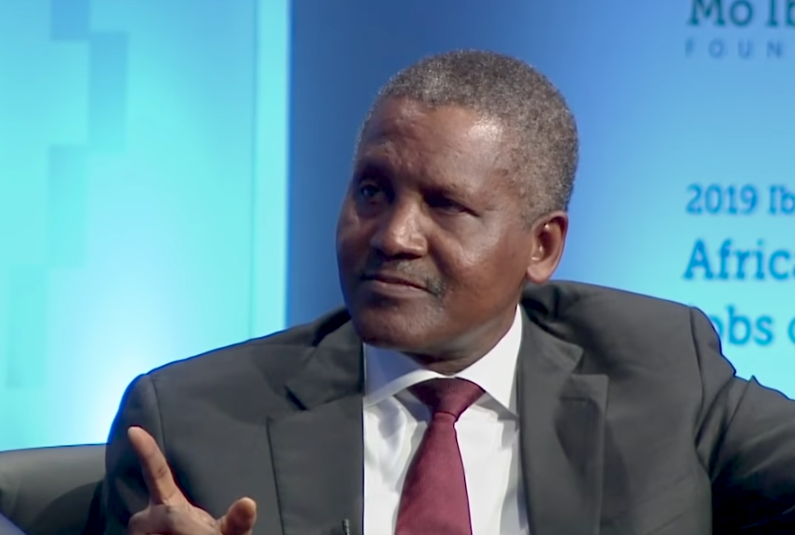
Great write up. A need to review the NBC code. Problem we have is the ” against them” issue. Meaning? Govt media vs private media. The moment this is overcome….. we shall have a new broadcast media industry in Nigeria .